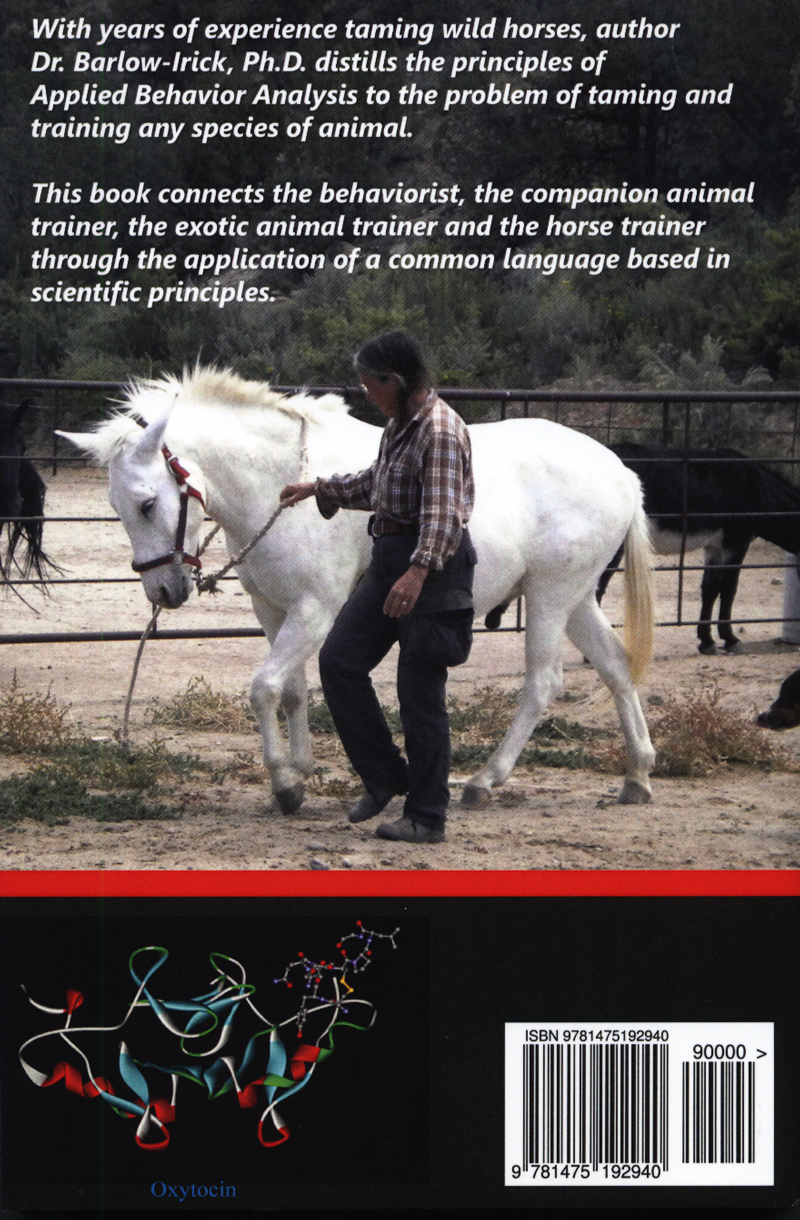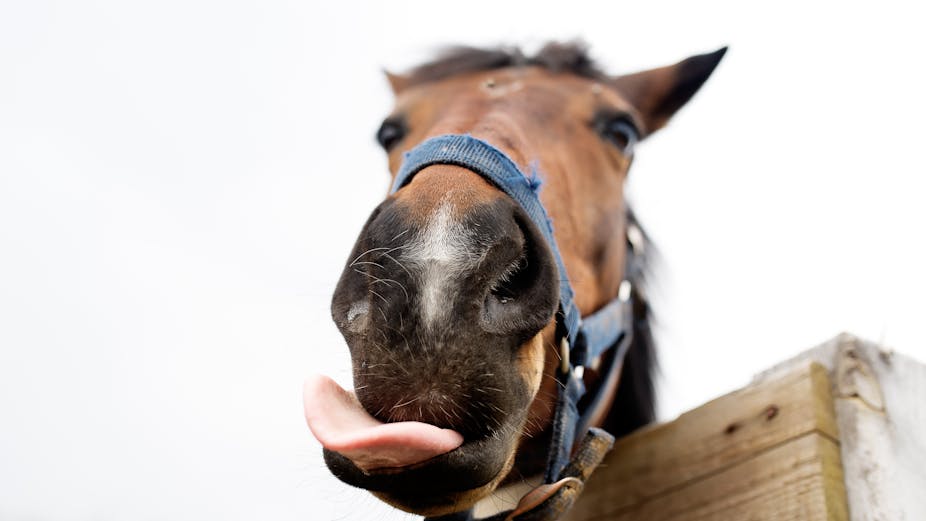Horse Psychology and Behavior Books: A Comprehensive Guide

Understanding horse psychology and behavior is essential for anyone involved in horse care, training, or simply interested in these majestic animals. Books on this topic offer valuable insights into how horses think, feel, and communicate, helping owners and trainers build stronger, more trusting relationships with their horses.
Why Study Horse Psychology?

Studying horse psychology helps in:
- Improving Training Techniques: Understanding natural horse behavior allows for more effective and humane training methods.
- Enhancing Safety: Recognizing signs of stress or discomfort can prevent accidents.
- Building Trust: Knowing how horses perceive their environment fosters better communication.
Key Topics Covered in Horse Psychology Books
| Topic | Description |
|---|---|
| Equine Communication | How horses use body language, vocalizations, and facial expressions to communicate. |
| Social Behavior | Insights into herd dynamics, hierarchy, and bonding among horses. |
| Learning and Memory | How horses learn from experiences and remember training cues. |
| Emotional Responses | Understanding fear, anxiety, and pleasure in horses. |
| Problem Behaviors | Identifying causes and solutions for common behavioral issues like cribbing or bolting. |
Recommended Books on Horse Psychology and Behavior
-
“The Horse Whisperer” by Nicholas Evans
- A novel that popularized the concept of understanding horse psychology through empathy.
-
“Horse Behavior” by Sue McDonnell
- A scientific yet accessible exploration of equine behavior and communication.
-
“The Language of Horses” by Susanna C. E. L. Price
- Focuses on decoding horse body language and signals.
-
“Equine Behavior: A Guide for Veterinarians and Equine Scientists” by Paul McGreevy
- A detailed resource for professionals interested in the scientific aspects of horse behavior.
Frequently Asked Questions (FAQ)
What is the best book for beginners?
“Horse Behavior” by Sue McDonnell is highly recommended for those new to the subject due to its clear explanations and practical insights.
How can understanding horse psychology improve training?
By recognizing how horses think and feel, trainers can tailor their methods to be more patient and effective, reducing stress and resistance.
Are these books suitable for horse owners without professional training?
Yes, many books are written to be accessible to all horse enthusiasts, not just professionals.
Conclusion
Exploring horse psychology and behavior through well-researched books can transform your relationship with horses. Whether you’re a trainer, owner, or enthusiast, these resources provide the knowledge needed to understand and communicate with horses on a deeper level.
